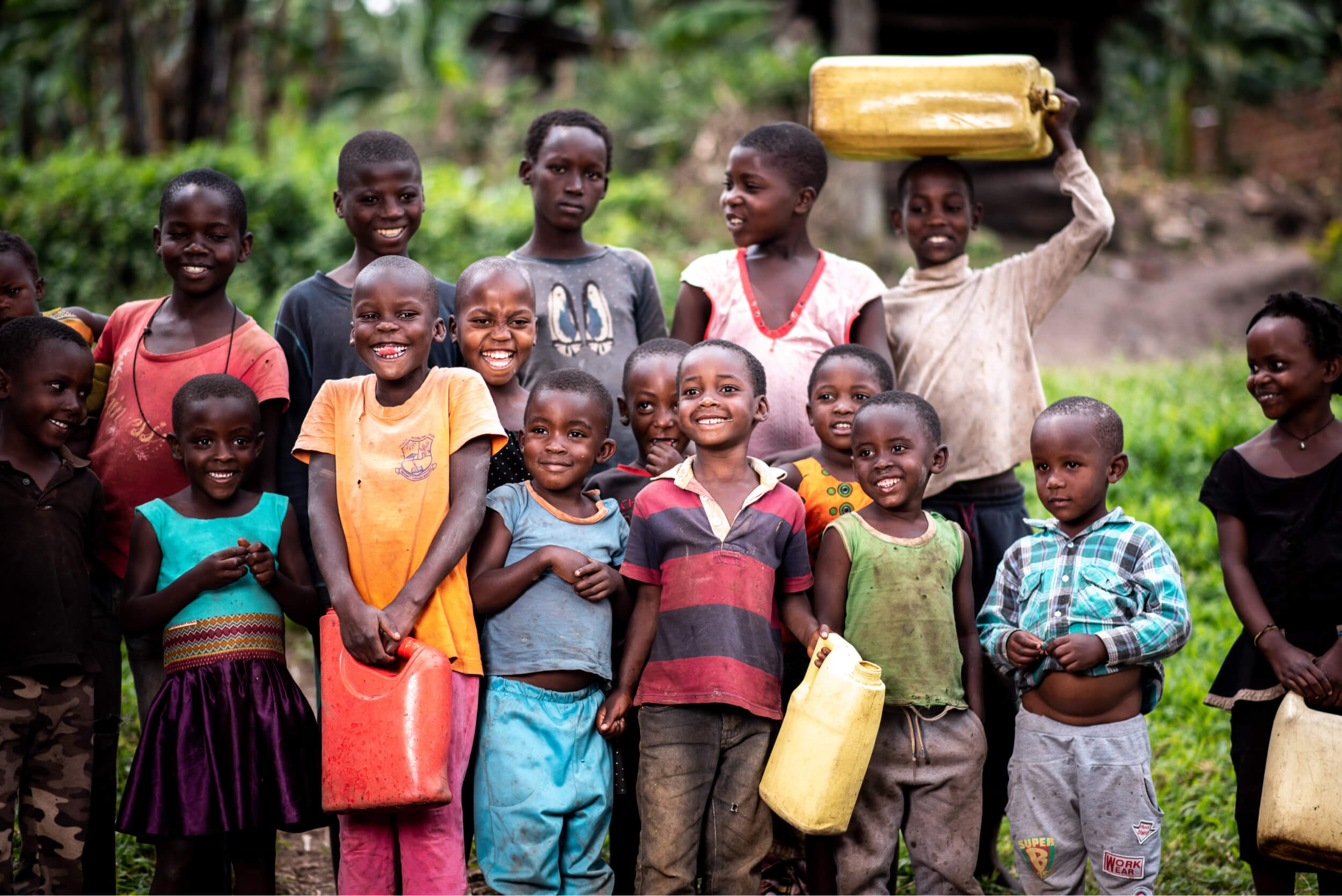Member Stories
Renewing the Relationship through Learning and Compassionate Listening
The Seventh-day Adventist Church in Canada (SDACC) and ADRA Canada, its humanitarian arm, is the first denomination in Canada to provide Indigenous Reconciliation training for all members and employees. Created by First Nations University (FNU) and Cazabon Productions (CP), the 4 Seasons Reconciliation training is a reconciliation partnership between the SDACC, FNU and CP. Featuring award-winning films, slideshows, videos, and quizzes, the training is available free of charge and a certificate is provided by First Nations University of Canada upon successful completion.
ADRA and the Church reflect our commitment to honouring the purpose of reconciliation as defined by the Truth and Reconciliation Commission (TRC) through mandatory training for all employees. Reconciliation, as defined by TRC, is the process of “establishing and maintaining a mutually respectful relationship between Aboriginal and non-Aboriginal peoples in this country.”
The TRC affirms that for reconciliation to occur, “there has to be awareness of the past, an acknowledgement of the harm that has been inflicted, atonement for the causes, and action to change behaviour.” While Seventh-day Adventists may not have had an active part in the shameful history of the residential school system in Canada, we do benefit from its past and the other injustices to Indigenous peoples in Canada. Our office is located on traditional and ancestral lands, and we are keenly aware that our Indigenous neighbours have been adversely affected by past colonialist policies that continue to impact lives today.
We are told that “without truth, justice, and healing, there can be no genuine reconciliation. Reconciliation is not about ‘closing a sad chapter of Canada’s past’ but about opening new healing pathways of reconciliation that are forged in truth and justice.” Beyond the 4 Seasons of Reconciliation Training, ADRA Canada is collaborating with Indigenous communities in Food Security and Emergency Response initiatives when requested. One example of this relationship was after the Lytton Creek wildfire scorched about 90 percent of the Village of Lytton this past summer. The British Columbia Conference of Seventh-day Adventists, along with Camp Hope Conference Centre staff cancelled the camp’s summer schedule and event bookings and chose to open the camp to house and assist Lytton First Nation evacuees.
Says ADRA’s Executive Director Steve Matthews, “At ADRA Canada, our mission is to work in Canada and worldwide with marginalized people groups who are subject to poverty, violence, and distress through no fault of their own. As we strive to meet our purpose, ‘To serve humanity so all may live as God intended,’ we cannot accomplish this without acknowledging the injustices faced by Indigenous peoples. We at ADRA are committed to listening, learning, and building relationships with our Indigenous brothers and sisters and pledge our continued support to Indigenous communities.”
Truth and Reconciliation Commission Vol. 6: Canada’s Residential Schools – Reconciliation. Retrieved from http://caid.ca/TRCFinVol62015.pdf
TRC Vol.6, page 14


Collaboration is at the center
Organizations can’t fight poverty on their own. Get connected. We are stronger together.